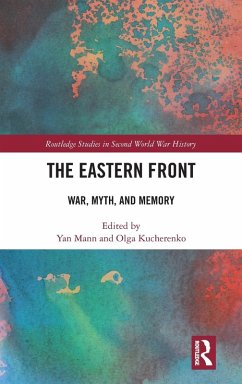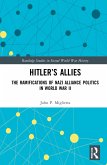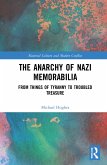The Second World War in Eastern Europe is far from a neglected topic, especially since social, cultural, and diplomatic historians have entered a field previously dominated by operational histories, and produced a cornucopia of new scholarship offering a more nuanced picture from both sides of the front. However, until now, the story has still been disjointed and specialized, whereby military, social, economic, and diplomatic histories continue to give their own separate accounts. This collection of essays attempts to bring these themes into a more cohesive whole that tells a complex, multifaceted story of war on the Eastern Front as it truly was.
This is one of the few critical examinations that includes both perspectives and looks at the war as a multi front effort. It also reveals how myths are created around military conflicts and have direct relevance to current developments in Europe, linking them to a broader discussion of the Second World War, its impact and utility today. It gives a historical dimension to pressing issues and will be of interest and relevance to history students, policymakers, political scientists, diplomats, and foreign policy experts.
The Eastern Front will be a useful reference source, since some chapters rely on extensive new archival research and materials, ego sources, as well as extensive findings of non Western scholars, thereby bringing their work to the attention of a broader audience.
This is one of the few critical examinations that includes both perspectives and looks at the war as a multi front effort. It also reveals how myths are created around military conflicts and have direct relevance to current developments in Europe, linking them to a broader discussion of the Second World War, its impact and utility today. It gives a historical dimension to pressing issues and will be of interest and relevance to history students, policymakers, political scientists, diplomats, and foreign policy experts.
The Eastern Front will be a useful reference source, since some chapters rely on extensive new archival research and materials, ego sources, as well as extensive findings of non Western scholars, thereby bringing their work to the attention of a broader audience.








